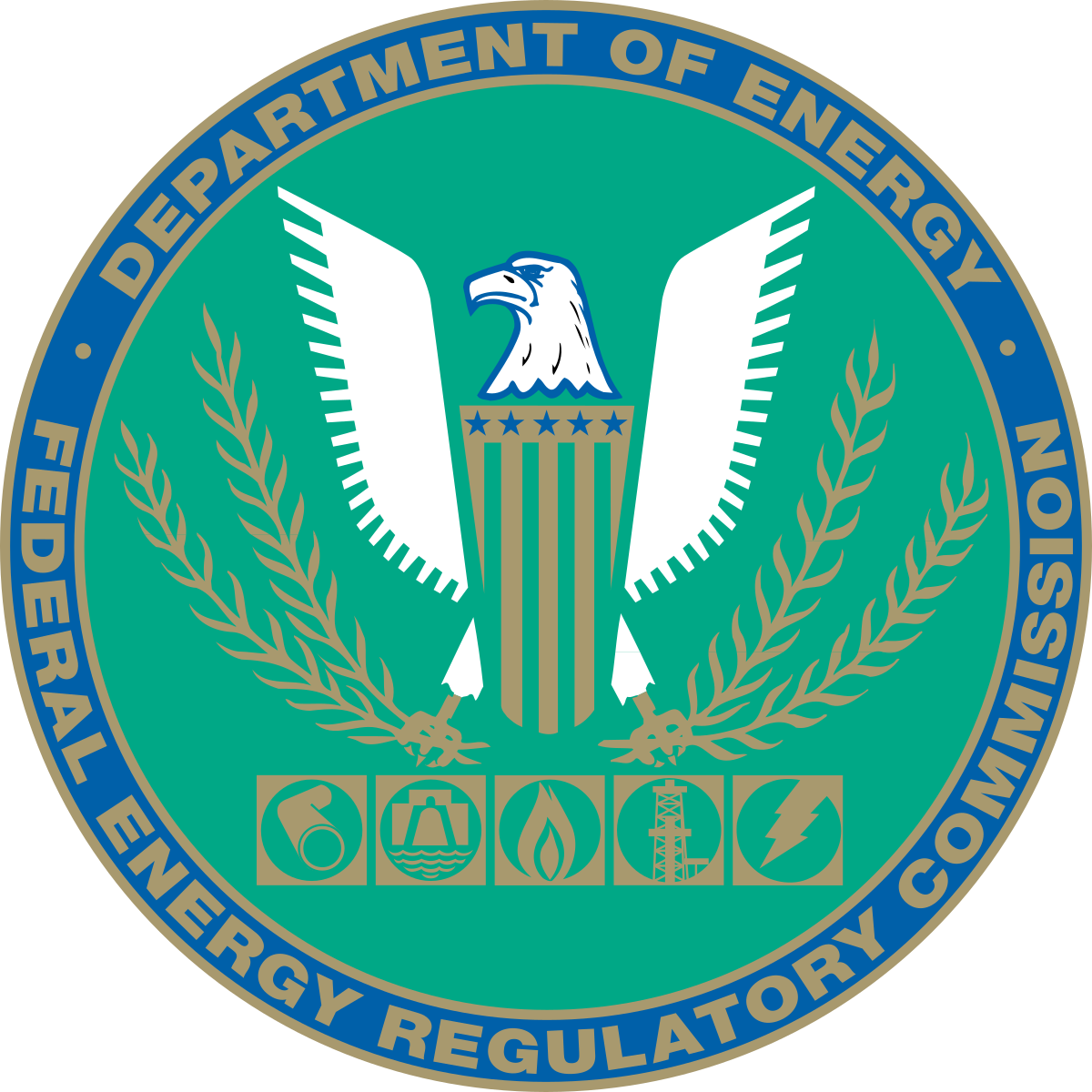Part 1 of 2 Parts
“The Federal Energy Regulatory Commission (FERC) is the United States federal agency that regulates the transmission and wholesale sale of electricity and natural gas in interstate commerce and regulates the transportation of oil by pipeline in interstate commerce. FERC also reviews proposals to build interstate natural gas pipelines, natural gas storage projects, and liquefied natural gas (LNG) terminals, in addition to licensing non-federal hydropower projects. FERC is composed of five commissioners who are nominated by the U.S. President and confirmed by the U.S. Senate. There may be no more than three commissioners of one political party serving on the commission at any given time.” Wikipedia
In January of 2018, FERC launched a proceeding with the title of Docket AD18-7-000. The purpose of this proceeding was to “holistically” examine the resilience of the U.S. energy system after it terminated proceeded on a proposed rulemaking by Energy Secretary Rick Perry on grid resilience and reliability. The rulemaking suggested by Perry would have recognized the attributes of generation sources that were able to store fuel on-site such as nuclear power plants.
FERC issued an order to terminate Docket AD18-7-000 on the 18th of February of this year. In the termination order, FERC said, "Based on our review of the record compiled over the last three years, we do not believe that any generic action is appropriate. That is not to suggest that resilience concerns are no longer an issue or that RTOs [regional transmission organizations and ISOs [independent systems operators] have addressed all threats to the resilience of the bulk power system. To the contrary, the resilience and reliability of the bulk power system must - and will - remain one of the Commission's paramount responsibilities and concerns.
“Instead, we believe that concerns about the resilience of the bulk power system are best addressed on a case-by-case and region-by-region basis. Be it wildfires in the West, hurricanes in the Southeast, or even the extreme cold weather experienced this week in Texas and the Great Plains, these threats present stark, but different challenges to the reliability of the electric grid.”
Following the termination of Docket AD18-7-000, FERC has announced that it will review the threats and risks to electric reliability that is posed by extreme weather events and climate change. FERC is also examining U.S. wholesale natural gas and electricity market activity during last week’s extreme cold weather to determine whether any of the energy market participants are guilty of market manipulation of other violations of the regulations that apply to the energy sector.
Richard Glick is the chairman of FERC. He said, “The effects of climate change are already apparent and we must do everything we can within our statutory authority to ensure that the electric grid is capable of keeping the lights on in the face of extreme weather.”
The new project announced by FERC yesterday will investigate how energy grid operators prepare for and respond to extreme weather events. These include but are not limited to droughts, extreme cold, wildfires, hurricanes and prolonged heat wavers. The investigation will include a technical conference. Involved parties will be invited to submit comments and questions in advance of the conference.
Please read Part 2 next
